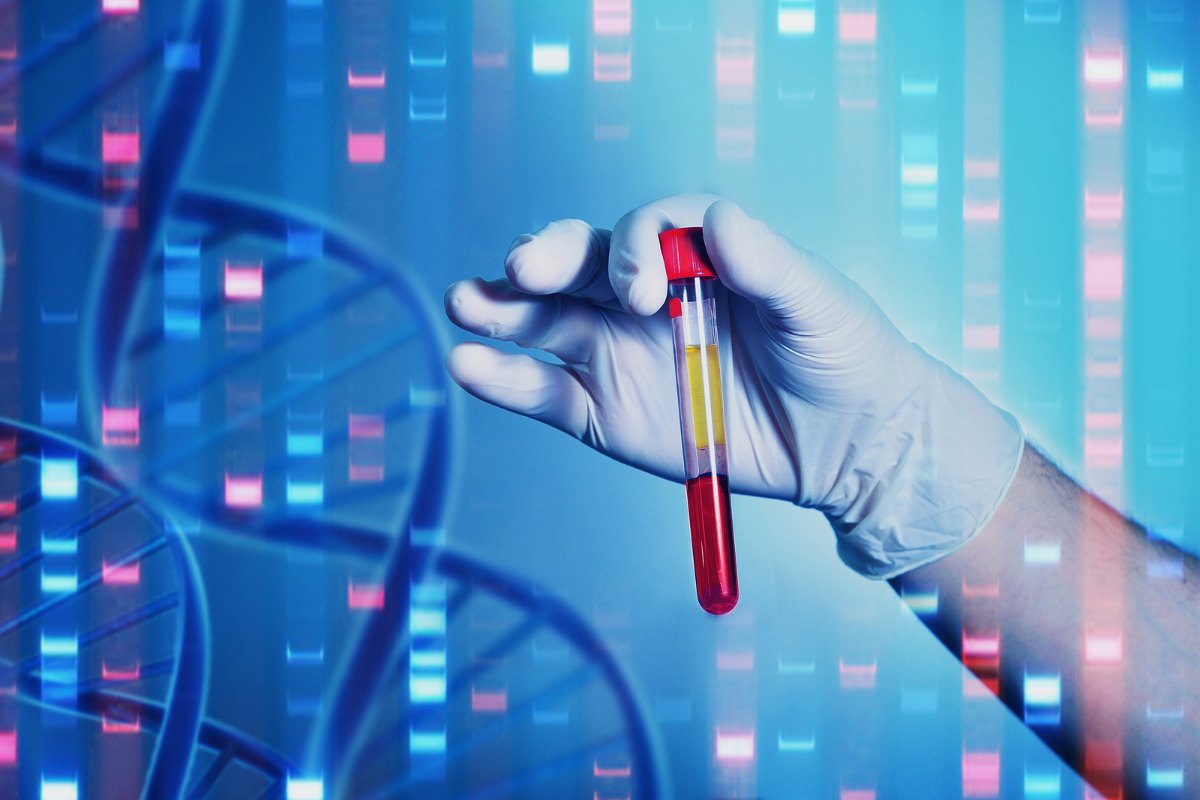
When genetic tests are bombshells
What will they reveal about ‘misattributed paternity’?
A senior British health official has reminded Britons of an bitter consequence of genomic medicine – misattributed paternity. This is the technical term for a man who unknowingly raises a child which is not his.
Ian Cumming, head of Health Education England, told the Hay Festival last week that tests carried out for genetic illness are revealing that one person in ten is not genetically related to his father.
In the not-too-distant future, genome testing will be freely available. “But [this] is not without controversy,” he warned. “If you look at people who have had genetic tests within families for reasons other than trying to work out paternity, for one in 10 people your dad isn’t who you think it is.”
Doctors are facing a dilemma, he said: “Are we going to tell people: ‘That’s not your dad’ – or are we going to keep that information to ourselves? I don’t think that would be acceptable ethically.”
It is impossible to know what is the rate of misattributed paternity (also called paternal discrepancy) in the population. The 10% figure cited by Mr Cumming may be far too high. The rate cited in studies varies wildly, from 0.3% to 30%. An Australian expert, Professor Michael Gilding, of Swinburne University believes that the true figure is between 0.7% and 2%.
But, he says, it is painful to discover that your father is not your father. “There's no question that when people find these things out, it's really disturbing,” he says. “It strikes to the heart of people's identity and their understanding of the world, and who they've modelled themselves on and how they form their relationships and their feeling of security. If they'd known growing up, it would have been very different. But if they find it out as an adult it contradicts all the information they've heard.”
Michael Cook is editor of BioEdge.
Creative commons
https://www.bioedge.org/images/2008images/FB-Analysis-Of-Dnk-A-Hand-In-A-M-227230192_(1)_1.jpg
genetic testing
misattributed paternity
